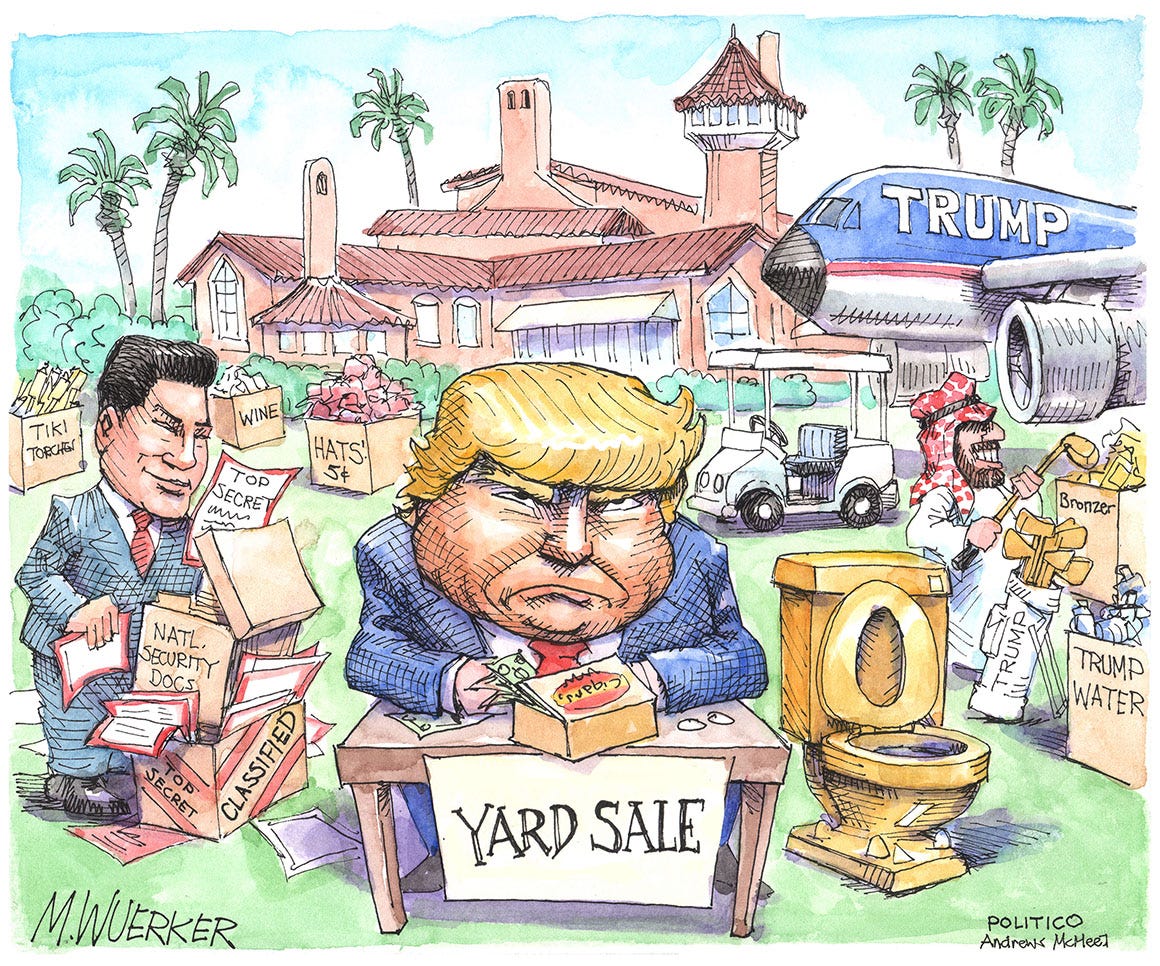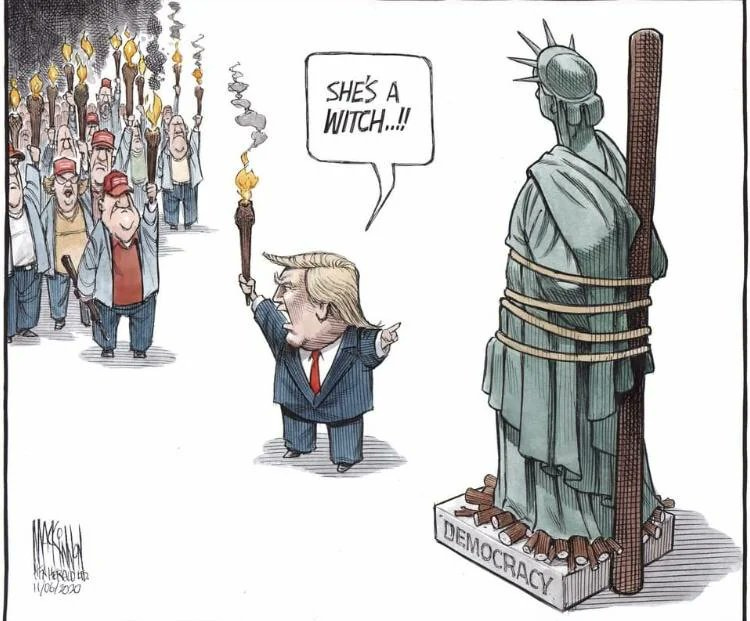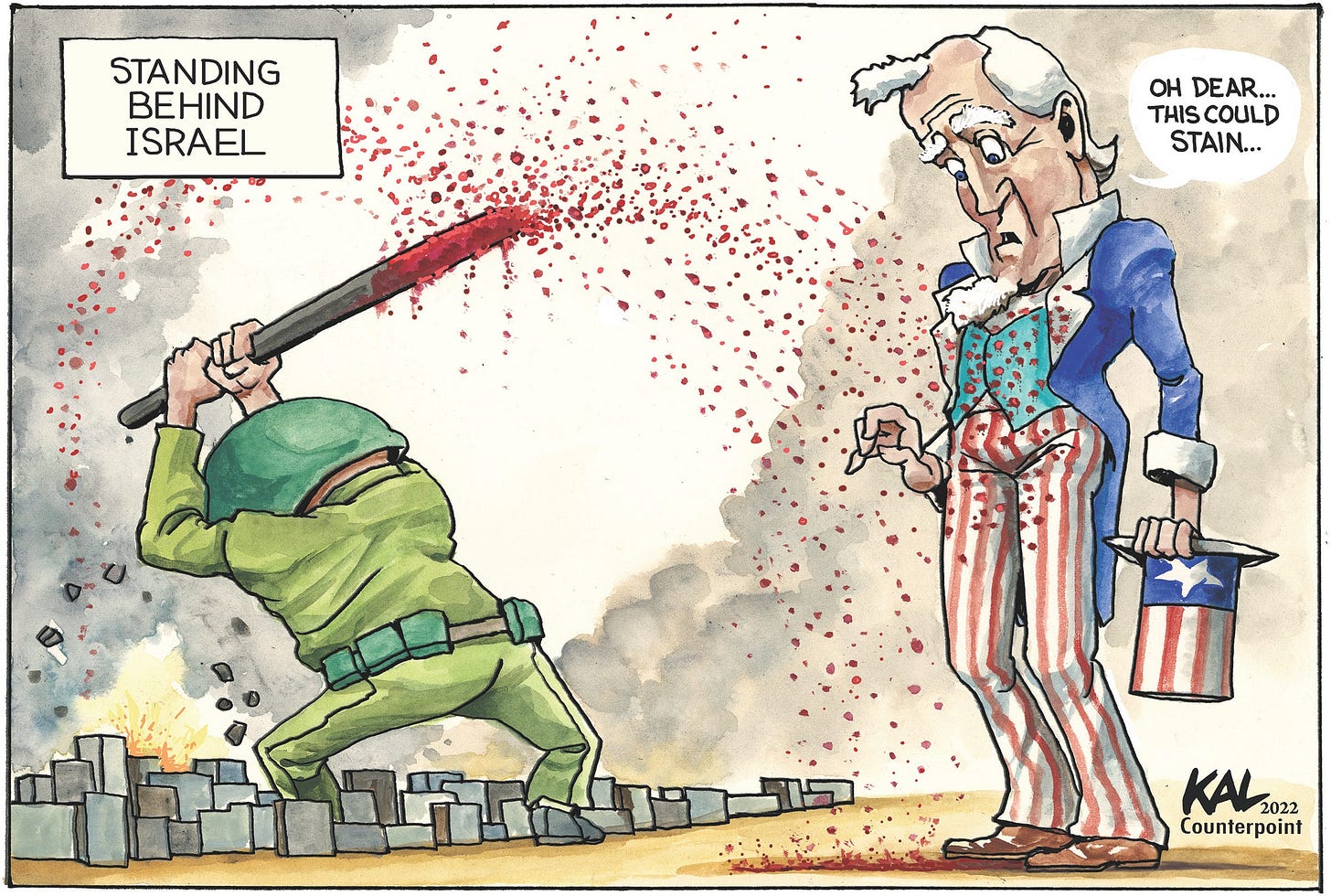Memo from Cooder, Part II
Continuing a music profile of the great gutiarist/folklorist, this time with help from Dylan, Mavis Staples, Rosanne Cash, Taj Mahal and Richard Thompson.
Greg Mitchell is the author of more than a dozen books (see link) and now writer/director of three award-winning films aired via PBS, including “Atomic Cover-up” and “Memorial Day Massacre” which are still up at PBS.org. Before all that, he was a longtime editor of the legendary Crawdaddy. You can still subscribe to this newsletter for free.
As I noted on Wednesday: I hailed the slide guitar genius and profound music archaeologist Ry Cooder back in January, reviving his great album from almost 50 years ago, “Into the Purple Valley,” and then last month quoted from one of his interviews with Tony Scherman. But he’s overdue for a full career retrospective here, though I missed his 77th birthday this past weekend.
He made memorable contributions to the Stones and Jagger and Little Feat starting 55 years ago….wrote many cool soundtracks…and then produced Buena Vista Social Club for best-selling record and acclaimed film …and won a Grammy, his 6th, as recently as two years ago. (A great profile by Alec Wilkinson in Esquire awhile back, if you care.) I should note that Ry wrote a piece for me at Crawdaddy around 1976 re: Hawaiian guitar great Gabby Pahinui. Very Ry, as it were.
So here, as promised, is a Part II, picking up from where we left off with the end of a series of prime solo albums in the 1970s. Down below, today’s cartoons. You can still subscribe for free, for now.
Ry never sold many records and grew disenchanted with Warner/Reprise and needed dough so he started writing movie soundtracks. Soon he found he enjoyed it and the results were way beyond the norm, right up to Mike Nichols’ “Primary Colors.” His first for Wim Wenders in 1984 is still highly regarded today, with Dave Grohl calling it one of his favorite albums by anyone. (Wenders went on to direct “Buena Vista Social Club.”) Here’s the theme.
Around “Paris, Texas,” Ry met its star Harry Dean Stanton, who would sing on a song Ry co-wrote with John Hiatt, the gorgeous (and ahead of its time for covering the plight of migrants from Mexico), “Across the Borderline,” which appeared on his so-so “Get Rhythm” album. Don’t miss it:
….and a restrained Dylan cover of the song below, with Richard Thompson—so you know the guitar is also good here (Springsteen has also tried it):
Ry continued to play with and produce World artists, including Mali multi-instrumentalist Ali Farka Toure, and won a Grammy for that. This was featured prominently in the well-regarded Diane Lane movie “Unfaithful”:
Still, playing live, he sometimes liked to cut loose on ‘50s/’60s rockers, such as “Why Don’t You Try Me.” Below you will note the then little-known John Hiatt. After Hiatt broke through, with the aid of Ry’s guitar (listen to “Lipstick Sunset”), he formed a kind of “hip-super-group” with Ry, Nick Lowe and Jim Keltner, called Little Village. It did not endure.
A trip to Cuba sparked his rounding up of aging musicians and singers, resulting in the “Buena Vista Social Club” album in 1997, a huge hit, and then the documentary, which nabbed an Oscar nomination. Then Ry would return to making numerous solo records, with his politics/social concerns now at center stage, and drew wide acclaim. Even Mitt Romney’s dog, famously latched to the roof of his car, got a number. So did Joe Hill. One of his best lps was the highly political “Pull Up Some Dust and Sit Down,” which Woody Guthrie might have loved. On the jaunty “Quicksand” he again wrote movingly about the migrants and the border, this time Arizona:
One song boosted “John Lee Hooker for President” with Ry impersonating the blues master on vocals. And this tune, “No Banker Left Behind,” should have been the national theme song for our entire economic meltdown and the hopeful early months of Occupy Wall Street.
Ry produced the stunning Mavis Staples concept lp evoking the Civil Rights Movement, “We’ll Never Turn Back.” Recall from Part I, that he had recorded and played “Jesus on the Mainline” for decades, now here’s her version:
Then, in 2018, Ry returned with his slide guitar back at the middle of things and a slew of great songs, traditional and new, for “The Prodigal Son.” His son Joachim continued to add terrific drum parts. The title cut, live in the studio, showed he had lost none of his mastery:
Even better, “You Must Unload,” on record below and ten-minute live version.
The incredibly haunting “Nobody’s Fault But Mine” penned by Blind Willie Johnson
He toured with and sometimes was a guest with Rosanne Cash. Two of her terrific songs below accented by Cooder solos:
Finally, in this decade, he reached back to the man with whom he collaborated on his first recordings in the mid-1960s, Taj Mahal, and their reunion album also won a Grammy, his sixth. Here, fittingly, is “I Shall Not Be Moved.”




